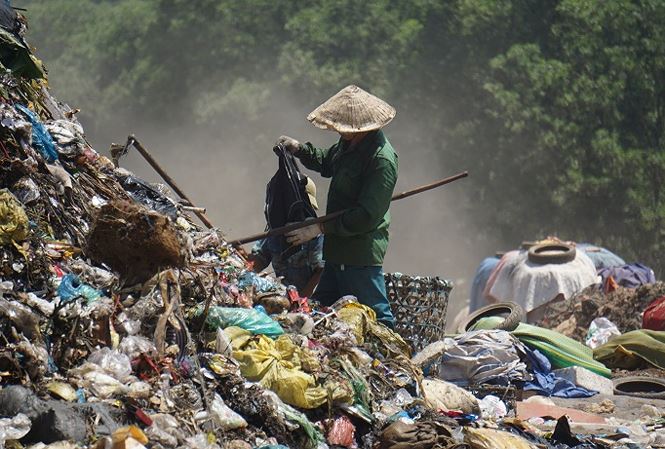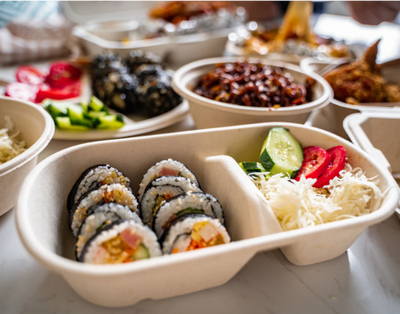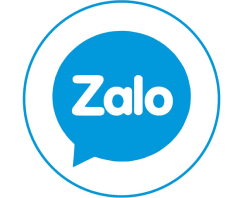Vietnam has declared war on plastic pollution – and 2025 marks a pivotal stage in the fight against single-use plastics. Over the past few years, the Vietnamese government and public have ramped up efforts to curb plastic waste, from new national bans to grassroots changes in daily habits. Here’s an update on Vietnam’s progress:
Ambitious National Targets and Bans
The government has set bold targets to phase out problematic plastics. Under a directive issued in 2022, Vietnam will ban the production and import of small non-biodegradable plastic bags from 2026 and aims to eliminate single-use plastics by 2030. This means that in just a few years, commonplace items like thin grocery bags, disposable utensils, and Styrofoam containers could largely disappear from the market. A complete phase-out of single-use plastic products is expected by the end of 2030 (with few exceptions).
These policies are driven by Vietnam’s urgent waste situation. The country generates around 1.8 million metric tons of plastic waste and packaging annually, a significant portion of which has historically ended up polluting waterways and the ocean. Vietnam was once ranked among the top contributors to ocean plastic leakage. The government’s war on plastic aims to change that by cutting waste at the source.
Changes on the Ground: Markets and Businesses
Even before the 2026 ban kicks in, changes are visible in everyday life. Traditional markets and retailers have started transitioning away from thin plastic bags. Many now offer biodegradable bags or paper alternatives (sometimes at a small charge). According to local reports, the looming ban has driven up demand for biodegradable bags and prompted more businesses to offer eco-friendly packaging. Sellers in Ho Chi Minh City’s markets note that customers are adapting – some even bring their own reusable bags to avoid extra costs.
In fact, Ho Chi Minh City authorities set a goal to cut plastic bag use at traditional markets by 70% in 2023, and made huge strides toward it. Since 2022, virtually all supermarkets and convenience stores in the city have voluntarily stopped giving out free single-use plastic bags, offering biodegradable ones for purchase or encouraging reusables instead. This is a remarkable shift in a short time, considering how ubiquitous free plastic bags once were.
Hanoi, the capital, is also stepping up. The city passed a resolution to phase out single-use plastics in certain sectors: starting 2026, hotels, resorts, and tourist sites in Hanoi will be barred from using single-use plastics such as toothbrushes, shampoo bottles, and packaging. Many hospitality businesses are already switching to alternatives (such as bamboo and paper-based materials) to get ahead of that deadline.
Industry Responsibility and Innovation
The war on plastic isn’t just about banning products – it’s also about transforming the supply chain. Vietnam has introduced Extended Producer Responsibility (EPR) rules: manufacturers and importers of plastic packaging are now required to recycle a mandated percentage or contribute to Vietnam’s Environmental Protection Fund. This policy essentially makes companies financially accountable for the waste their products create, incentivizing them to design more recyclable or biodegradable packaging from the start.
Local recycling capacity is expanding as well. For example, Vietnam’s leading plastic recycler, Duy Tan Recycling, tripled its output between 2020 and 2025 to over 49,000 metric tons of recycled plastic per year. About half of that is expected to be consumed domestically, a notable shift from past years when most was exported. This growth in recycling is crucial for handling the plastic that’s already in circulation and creating a circular economy.
Crucially, Vietnamese entrepreneurs and businesses are innovating with plastic alternatives. This is where companies like EQUO come in – part of Vietnam’s strategy is to replace single-use plastics with eco-friendly products sourced from the country’s own natural materials. EQUO, for instance, produces drinking straws and utensils made from rice, sugarcane, coconut and other plant-based inputs that are fully biodegradable. These homegrown solutions not only reduce plastic waste but also create green economic opportunities domestically.
Public Awareness and Community Action
Another positive development is the surge in public awareness. Media campaigns and education about plastic pollution have increased. Schoolchildren participate in “say no to plastic” programs, and community clean-ups of plastic litter (on beaches and in neighborhoods) are increasingly common. Vietnamese social media has popularized tips for a low-plastic lifestyle – everything from using cloth bags and steel straws to making eco-bricks (stuffing non-recyclable plastics into bottles for construction use).
The combination of policy, corporate responsibility, and citizen action seems to be yielding results. Many consumers report changing their habits: using refillable water bottles, declining disposable cutlery for takeout, and supporting stores that use less plastic. While challenges remain (such as providing affordable alternatives for street food vendors and small businesses), the momentum is clearly toward reduction.
Challenges Ahead and Global Cooperation
Vietnam’s war on plastic is still in its early battles, and some hurdles need to be overcome. Enforcing bans in thousands of small shops and markets across the country will require strong administration and perhaps penalties. Affordable alternatives must continue to scale up – it’s important that biodegradable bags or containers become cost-competitive so that small vendors can adopt them easily. There’s also the matter of improving waste collection and recycling systems, to ensure that the plastic that is still used gets properly managed.
On the international front, Vietnam is actively participating in global efforts to tackle plastic pollution. The country has pledged support for a potential UN global plastics treaty and has joined regional initiatives to reduce ocean plastic waste. By sharing technology and approaches (for example, learning from countries that have successfully reduced plastic waste), Vietnam aims to strengthen its own campaign.
Outlook: Towards a Plastic-Free Vietnam
As of 2025, Vietnam’s anti-plastic initiatives are showing promising signs. Laws are in place, business practices are shifting, and perhaps most importantly, the mindset of the public is evolving. There is a growing sense of pride and urgency in the collective effort to protect Vietnam’s environment – from the Mekong Delta’s rivers to the world-famous Halong Bay – from plastic pollution.
The coming years will be critical. If Vietnam meets its milestones, by 2030 one might walk through a market in Hanoi or Saigon and see only banana leaves, paper, or reusable cloth bags in use – a drastic change from a decade prior. Companies like EQUO will likely play a key role by providing the sustainable products that make this possible, aligning with the country’s mission of “NO PLASTIC”.
Vietnam’s war on plastic is an inspiring example of a developing nation taking bold steps against a global environmental challenge. It demonstrates that with strong policy, innovation, and public engagement, even a country heavily reliant on single-use plastics can chart a path to a cleaner, greener future. The battle is ongoing, but the 2025 update suggests Vietnam is firmly on course to win its war on plastic.






